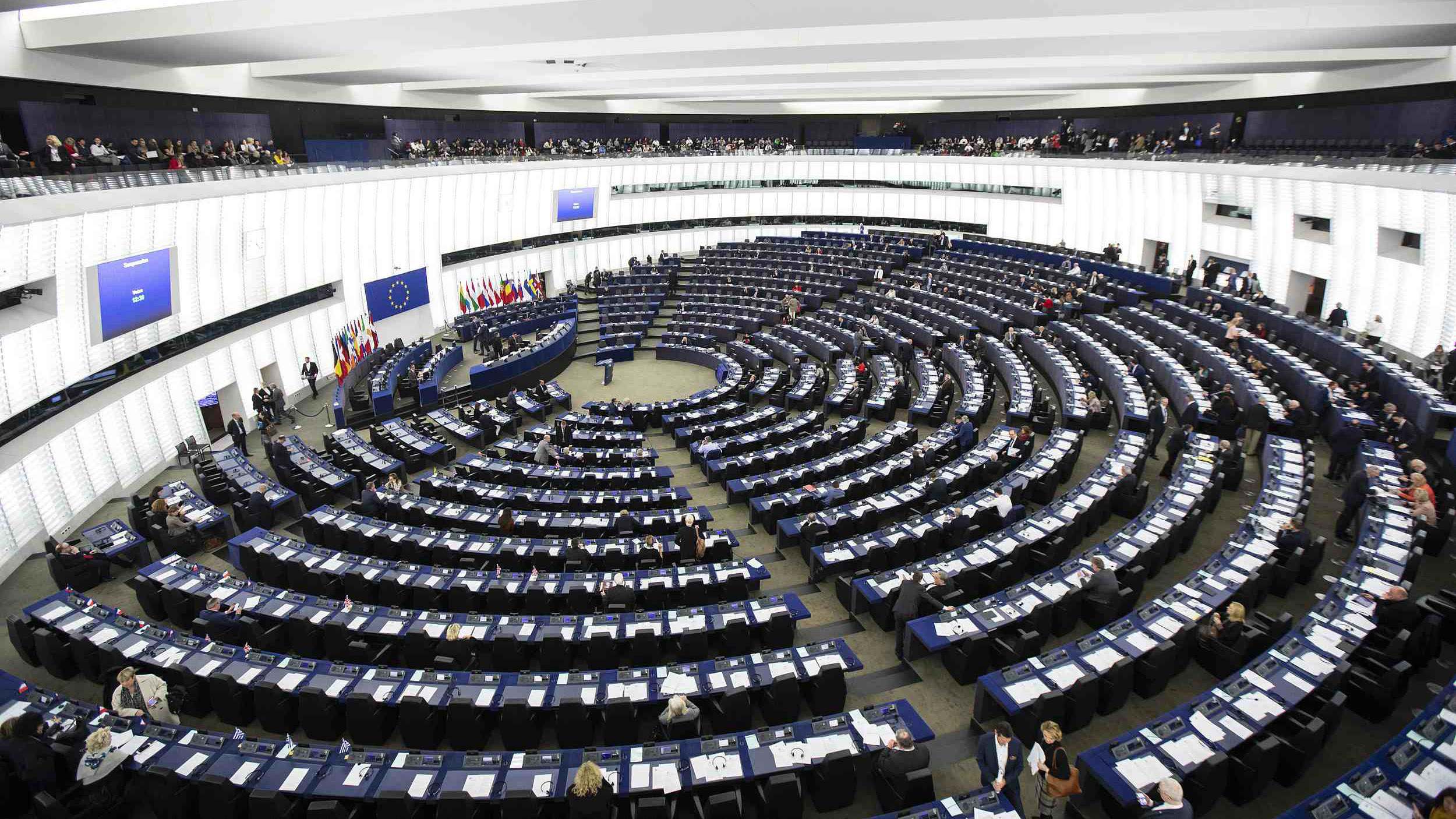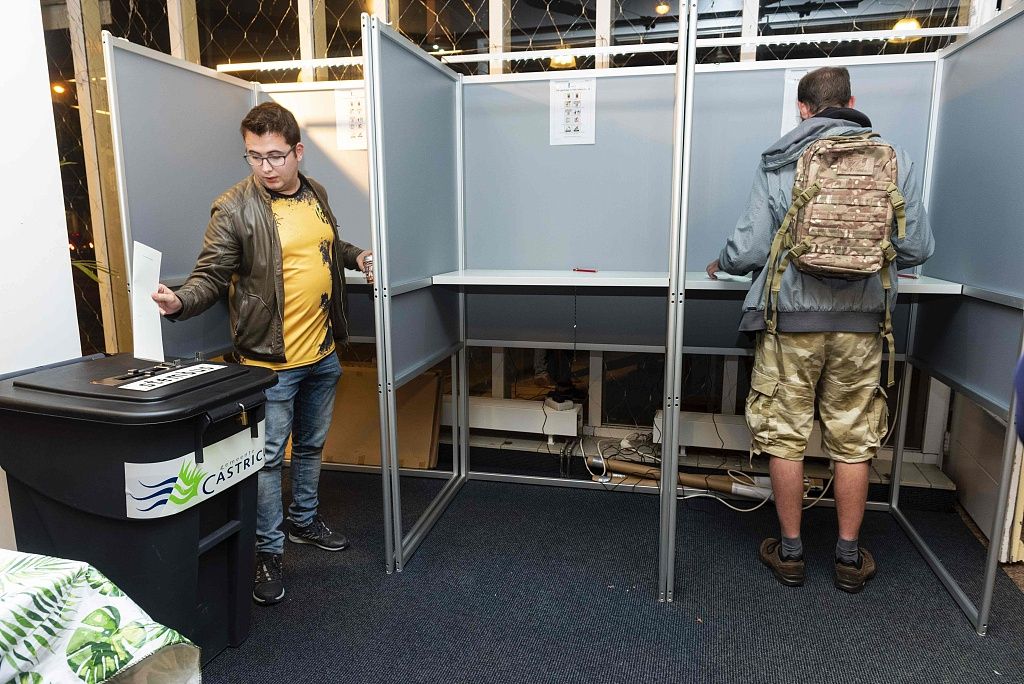
TV Show
12:21, 25-May-2019
European parliament elections: What are the challenges ahead?
The Heat
02:00

Voting is underway in European parliament elections, which began on Thursday and is expected to last until the weekend.
With 426 million eligible voters, some of the main issues on this year's ballot are Brexit, the rise of the far-right, immigration and climate change.
Paul Hockenos, a Berlin-based journalist and author, believes the biggest issue is how many people turn out to vote. Opinion polls show that there's an overwhelming support for the EU, which has never been higher and issues like climate change in Germany and France are more important than immigration.
Politico, a political newspaper, called the European election a crucial battle for the future of the union, with nationalists and populists trying to halt European integration. Roland Tichy, editor-in-chief of news website Tichy's Einblick, said that is a fair description because many votes, especially in Eastern and Northern Europe, don't want a more closely union. The nations are still the basic of the EU but not the Brussels bureaucrats.
"But it is just a symbol like waving your hands because the so-called parliament has no real power," said Tichy.
However, Hannah Starman, a European affairs specialist, holds the opposite opinion. She pointed out that the European parliament is the co-legislature and it has much more powers than Tichy believes. She thinks the voters aren't all familiar with the European institutions or their prerogatives.

First-time voters cast their ballot during European parliament elections at Castricum railway station in Castricum, The Netherlands, May 23, 2018. /VCG Photo
First-time voters cast their ballot during European parliament elections at Castricum railway station in Castricum, The Netherlands, May 23, 2018. /VCG Photo
Tichy objected to this view, saying that the head of the governments in European countries will meet next Tuesday because the power of the parliament will shrink again. "They are afraid of the voters who will decide against more deepening the union, and this parliament doesn't work, it even cannot decide where to meet," said Tichy. "If this is a real power, I want to see what power is."
Another concern regarding the EU is its ability to deal with foreign affairs. "Europe has always punched below its weight in foreign affairs," Hockenos said. "The present forces that are tearing it apart and the disagreements within Europe aren't going to help that situation at all." He said that Europe has been unable to respond in a strong or a decisive way in foreign policy. Europe is not able to be more decisive in the international arena until there is a consensus within the union itself.
"One of the problems is that the EU does not act as a real European power but as a chorus of very different voices," Tichy highlighted. He thinks the weakness of the EU is that it is weak in the big questions while strong in the small questions.
Geraint Johnes, a professor of Economics at Lancaster University Management School in the UK, pointed out that a new euroskeptic party, the Brexit party, is standing on a platform of exiting the EU without a deal if that is necessary. And they are currently leading in the polls in the UK and they're expected to attract over 30 percent of the votes. Polarization in the vote and polarization away from the existing two large parties of the Conservatives and Labour is another thing worth noting.
"The parliament arithmetic won't change as a result of changing the prime minister," Johnes said. "So we (the UK) will still leave in a situation where there isn't a majority for the Brexit deal."
The Heat with Anand Naidoois is a 30-minute political talk show on CGTN. It airs weekdays at 7:00 a.m. BJT and 6:00 p.m. Eastern in the U.S.
(If you want to contribute and have specific expertise, please contact us at opinions@cgtn.com.)

SITEMAP
Copyright © 2018 CGTN. Beijing ICP prepared NO.16065310-3
Copyright © 2018 CGTN. Beijing ICP prepared NO.16065310-3